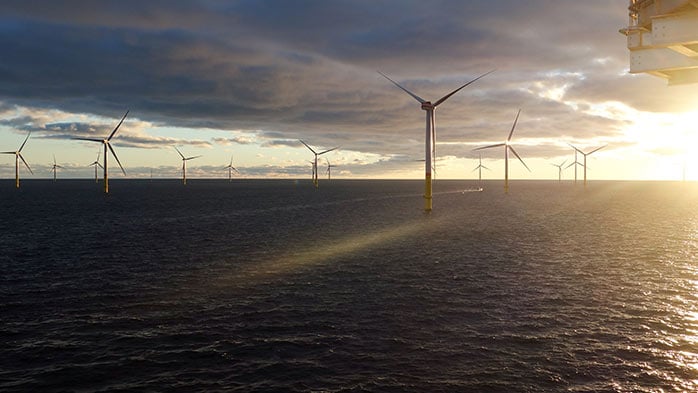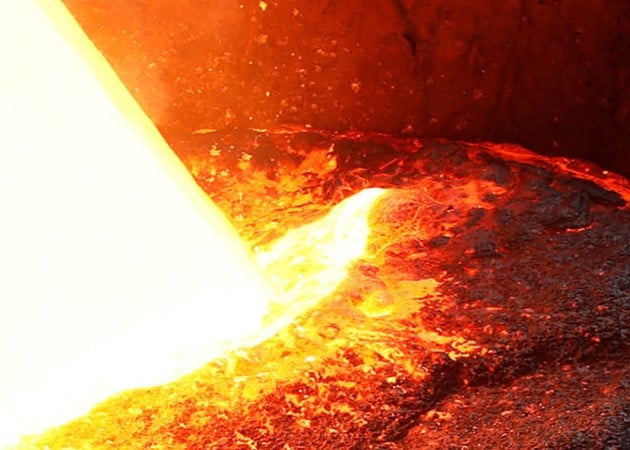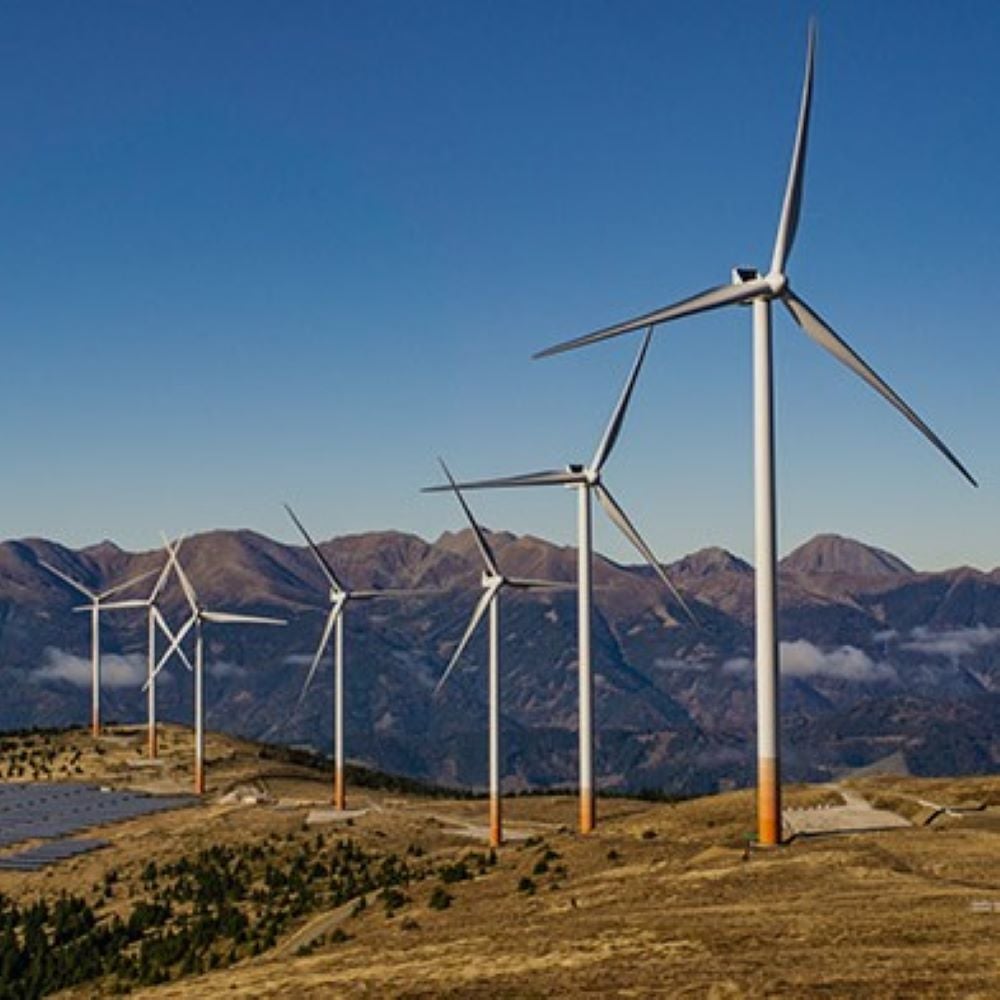The weak economic outlook and increasing nuclear output will suppress the EUA price in the next four weeks. The EU’s success with filling its gas storage provides the bloc with much needed leverage, which eases pressure to buy gas at any price. This will place downward pressure on fuel prices, which have scope to fall further from current elevated levels.
Gas storage grants EU some leverage ahead of winter
The EU has filled 90% of its gas storage capacity ahead of the winter, which eases the pressure on the bloc to buy gas at any price. The loosening in supply-demand balance resulted in dropping energy prices. No coal-to-gas switching is expected as the key limiting factor for gas demand has been supply availability.
France to put reactors online after delays
France will start putting five of its twenty reactors under maintenance online after labour strikes and corrosion delays. Germany and Belgium also announced that they have extended the lifetime of a total of five reactors until next spring to tackle the energy crisis. The increase in nuclear power generation will depress EUA by ~0.5% in November.
Looming recession cuts industrial output
Business activity has continued to weaken and further cuts are expected in metal markets. However, with the dropping energy prices, ammonia production has restarted. Overall, CRU expects further slowing of the economy in November, reducing the EUA demand by ~0.5%. If lower energy prices persist, then EU industrial activity could pick up over the winter months. However, this is not in CRU’s base case forecast.
EU leaders to agree on roadmap for the winter
EU leaders agreed to create a dynamic price corridor for natural gas to avoid price spikes over the winter. Should the agreement provide a reliable road map for the winter, we see a further drop in energy prices by the end of the year. However, the proposal is unlikely to have an impact before the end of November.
The cut-off date of the data is 24 October 2022.
Find out more about our sustainability services and analysis: our reputation as an independent and impartial authority means you can rely on our data and insights to answer your big sustainability questions.

















